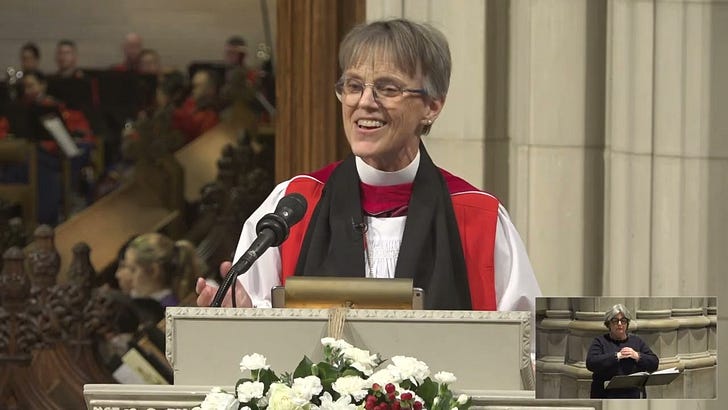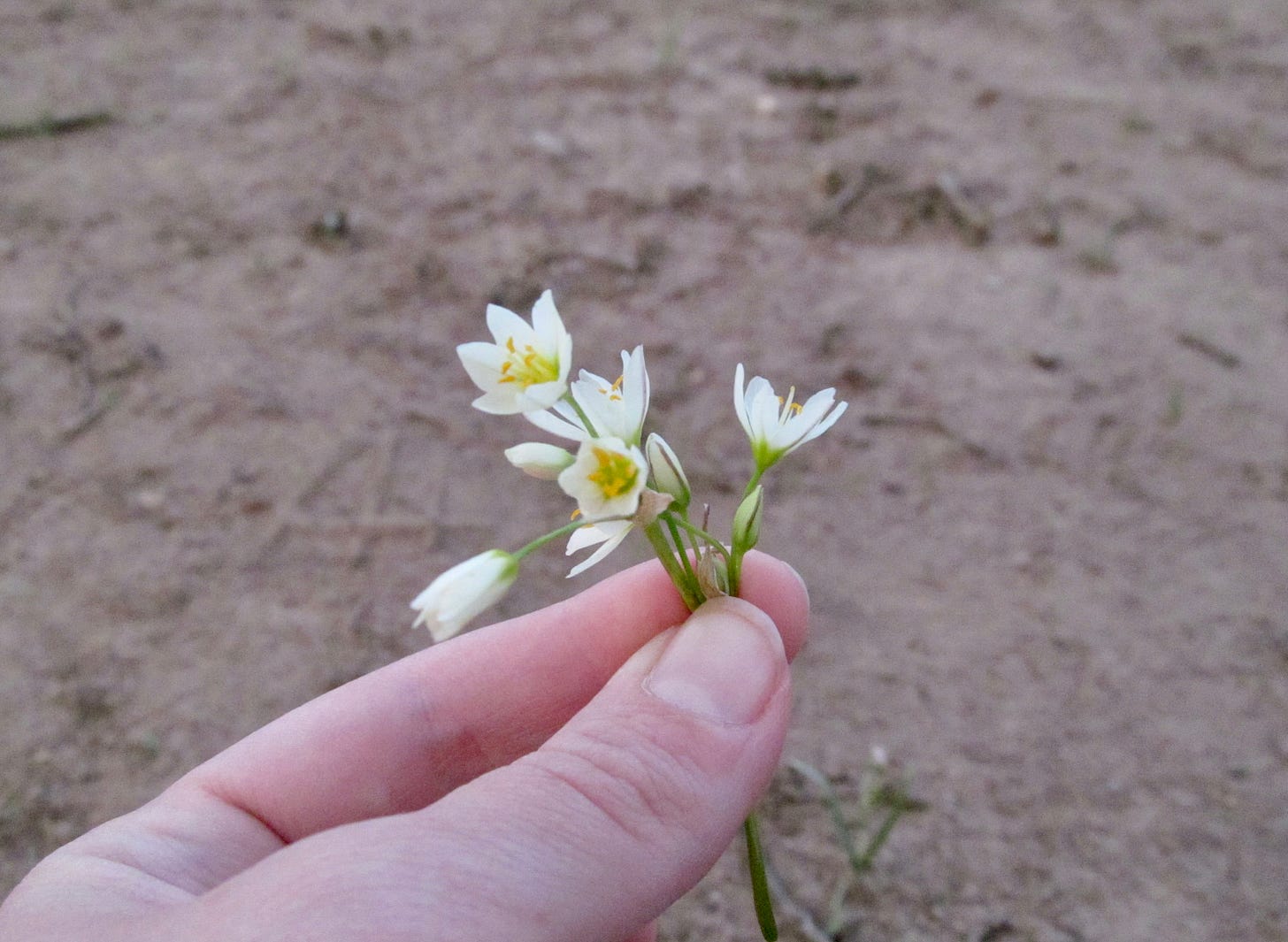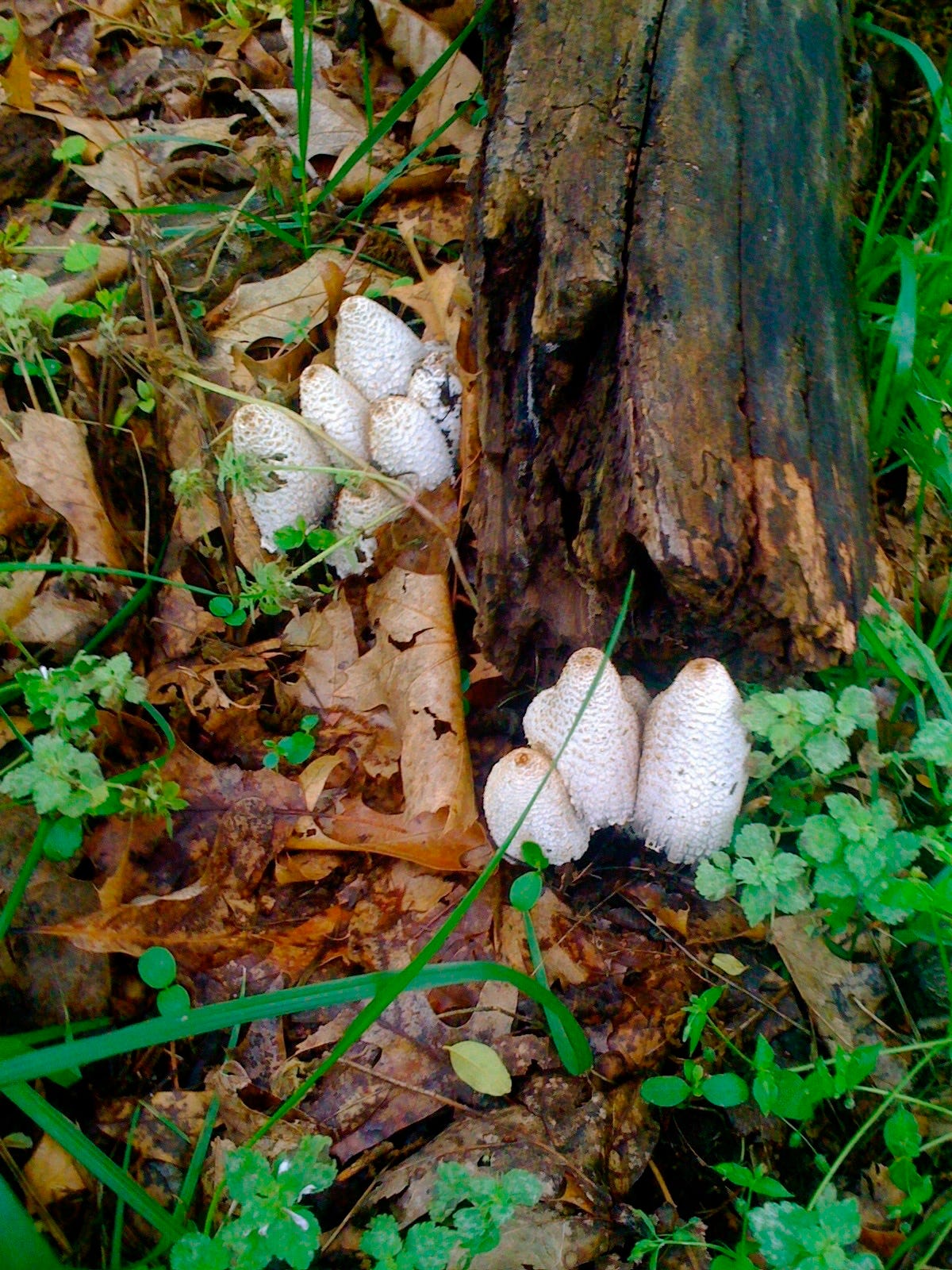Auguries for the Ages, Auguries of Innocence
Why Christian faith invites us to expand what we see as holy
I rarely write about my faith or its questions most days, especially when "Christian" clout is so aggressively weaponized and vulgarized. Especially as it is being used to maliciously hurt vulnerable people. In fact, many Christians seem failing quite hard in moral courage in how their faith affects anybody but themselves. Far too many sharing the Christian label are both opposing love to all, and are actively participating in hurting others. Alongside civil America, I too will throw in my gratitude to Dr. Rev. Mariann Edgar Budde for her willingness to speak truths and question overreaching power.
After participation in a “Post Doom Spirituality” video series with multiple theologians, one phrase stuck with me, from Margaret Wheatley who said, “There is nothing wrong with the human species today except we have lost a sense of the sacred.”
We have failed to see ALL as holy.
At first my reaction was apprehensive, I don’t know, that is a lovely thought, but maybe it is just too naive, too innocent… And yet, it keeps returning to me. Maybe this IS actually a large part of the problem, an inability to see everything in the natural world as holy.
Those little atoms of carbon, nitrogen, hydrogen, and oxygen that are cycling through eons, and rocks, and fossils, and woods to make our lives possible, and the cycles which keep them working to give us the gifts of water, clean air, plants, and a temperate habitable planet are most definitely holy.
What if that dirt (soil!) I just shook off of my shoes is also holy? Shouldn’t we work to build it and nurture it and restore it? Shouldn’t we do everything in our power to keep it from blowing away?
Those microscopic tartegrade eight appendag-ed arthropod-esque organisms who look a mix between a mole and a moss piglet, who pre-dated the earliest dinosaurs by 400 million years, and who can survive the most extreme of environments, even asteroids!, and whom I HOPE are living amongst my moss— holy. I would not want to douse them in pesticides.
The infinitely complex matrix of nitrogen fixing bacteria and fungal networks which fix nitrogen by moving it from the atmosphere to the soil so that it can be utilized for plants— essential.
The lawn spaces around my house, and yours, could, if we let them, be a cathedral, a space of sanctuary and refuge for the hundreds of native species trying to return to living there. Yes hundreds, probably thousands if we could include microbes in that count.
Our schoolyards and parks and golf courses with their huge swaths of non-native grasses could, and should, be largely re-imagined and re-vegetated as oases of native plants or urban agricultural production; acts that would restore what has been tarnished.
The people who pick our food, who have the tenacity and backs for things like strawberries, definitely holy. However, far too frequently including by despicable leaders and humans with the lowest of empathy, the rhetoric for those perceived as other reduces them to animals— a travesty that is compounded and can even exist solely because as a society we seem to have forgotten that animals are also holy and that ALL of us are also animals. For a taste of humble pie, remember we are just ONE species among the 8.7 MILLION total surmised, each with a unique anatomy and morphology and evolution and role to play on our little blue dot of a planet. AND as much as 86% of those may be still unknown! Perhaps we would do well to FINALLY reevaluate our role in the orders of life.
My words above stand on their own. But if you wish to go deeper, “Auguries of Innocence,” Willian Blake’s ˜1803 composition, is an excellent lens to continue exploring the holy. He begins,
“To see a World in a Grain of Sand And a heaven in a Wild Flower Hold Infinity in the palm of your hand And Eternity in an hour…”
This phrase has always returned us to the holy, to the infinitesimal, and to the poet’s work of noticing, holding, and expanding.
“Auguries,” (I had to re-look it up!) foretells of a coming future, and what omens will be had. It is a very dualistic poem, a stunning edict on two possible worlds; a meditation worth reading or re-reading to considering whether we will have a world that incorporates the wisdom of animals and the natural order of things, or not. The unique uses of capitalization and importance given to all the animals in this salvation story is incredibly intriguing.
In the poem the mistreatment of animals is putting “heaven in a rage,” “predicts the ruin of state,” hurts the brain, makes the angels fail to sing, and even frightens the sun. The animals seem somewhat on the prowl; there is an air of retaliation as winged creatures emerge in the night. There is a curse on those who hurt the lamb, the wren, the ox, even the fly. Even the chafers, (which apparently are beetles), should not be disturbed in their leafy shelters.
There will be vengeance too on those who train the horse for war. We are instructed to look out for the animals of the beggars and the widows, (and, one would presume, their owners).
“The Princes Robes, The Beggars Rags/ Are Toadstools on the miser’s bag,” to me seems an obscure reminder that decomposition will be the great equalizer. All of us will one day be reduced to atoms. And if we are lucky, will be repurposed by fungi.
Remember, as we go forward in the strange profane world that is modern America no matter what your preacher or the internet voices may say that, “A Truth that’s told with bad intent/ Beats all the Lies you can invent.”
And yet amidst it all, let us also remember, that “Throughout all the joy and woe, under every grief and pine,/ Runs a joy with silken twine.” In the poem, and in Christianity, (if you ascribe to that), the poem reminds that the weaving thread throughout all of it is the power that resides not just in a little babe, but also IN all of us. The poem, reminds not to reduce Christ to a flailing babe, but also to me the next few lines remind that he is also incarnate in our tools, in our hands; IN us.
Here too, through our acts, we have the mission of returning delight; as we do the hard work, the true act of a laboring woman. With that we join the choruses of our animal relatives, “The Bleat, the Bark, Bellow, and Roar.” Perhaps it is a chorus, an outcry, a joy, and a lament, of all that comes with being human and telling about it as we all wash together into a wave. That babe though is powerful enough to tear the heavens, to strike down the solider, and to dwarf him with the Sun.
We are warned then not to be a nation who buys and sells its lands. We are chastised to be a nation who respects the hope, the faith, of children. We are called to defer to children, and to the elderly.
It is the ruler’s crown that makes poison and the impenetrable armor of the solider that makes us injure each other. A nation will only function when we turn aside from gilded glory and choose to see work of the farmer as worthy of adoration and elevated above all else. Blake claims there are moral shortcomings leading to a nation’s demise, (of which the roles of client in comparison to roles of prostitute should also be examined), but let us not also forget that, “God appears and God is Light/To those poor Souls who dwell in night.”
Perhaps that is a Divine image that more of us should aim to get behind.






Beautifully thought and written.